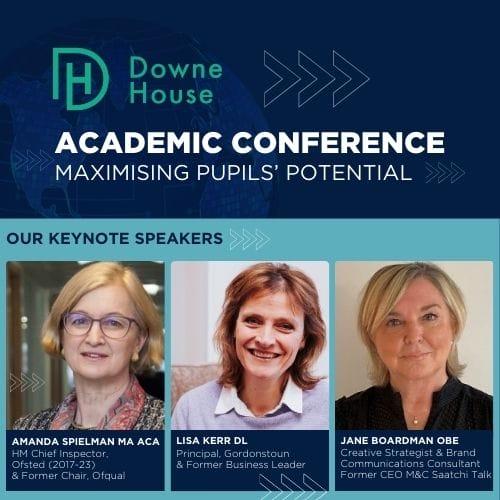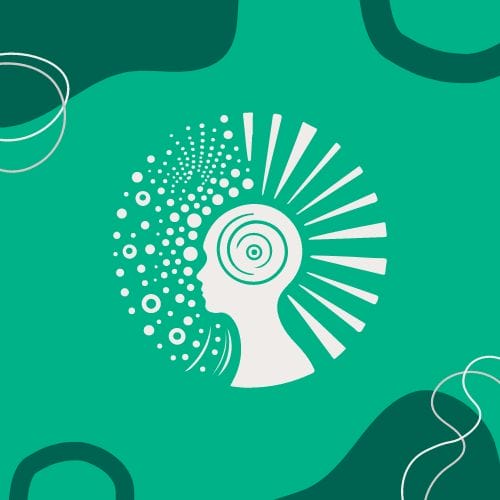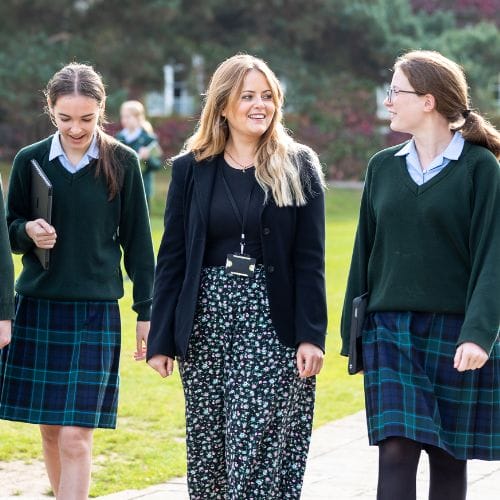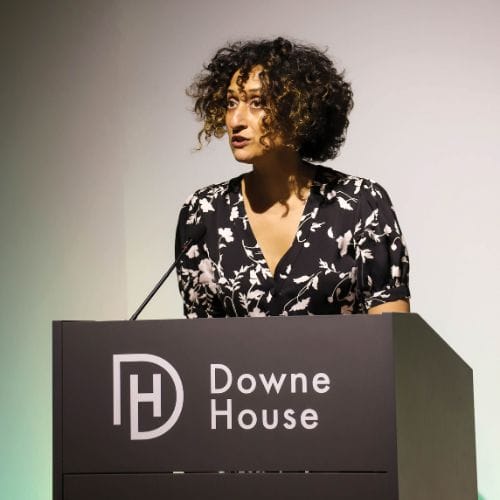
I am normally the last person to show any interest in the lifestyle choices of celebrities. But I was intrigued to read recently that the global superstar and singer-songwriter Adele has revealed that she plans to study for a degree.
“I really want to get a degree in English Literature,” Adele said. She added that she did not intend to go to a university: “I’ll do it online,” she said.
As an English teacher myself, I was struck by some of her other remarks, too.
“If I hadn’t made it in my singing, I think I would definitely be a teacher. I think I’d be an English Lit teacher.”
Do it, Adele! Become an English teacher! You may inspire teenagers to continue with the subject and help stop an unfortunate trend…
Because English Literature has fallen out of the top ten most popular A-levels for the first time this year, with a drop of almost 10% in the number of entries in this academic year alone.
The trend is affecting universities, too: degrees in English Literature are less popular than they were. Worryingly, one university – Sheffield Hallam – recently announced that it has suspended its English Literature course because less than 60% of graduates from the degree programme entered ‘high-skilled’ jobs.
One of the factors driving Sheffield Hallam’s decision is that the government recently revealed it would be issuing fines to universities that do not get 60% of graduates into a professional job within six months.
Clearly, a good degree in English Literature is not perceived by many as a safe ticket to a secure, professional job.
Across the UK, there seems to be a move away from some of the humanities and creative subjects, which are increasingly losing out to more popular STEM subjects.
Maths is the most popular A-level choice. Psychology comes a close second, with an 11.6% increase in the number of pupils choosing it this year. Biology comes third (up 3.9%) and Chemistry is in fourth place.
History is currently the fifth most popular subject, but academics are predicting that it will lose out to Sociology next year, as its popularity is increasing (it is not a subject we offer at Downe).
Three other subjects that are currently experiencing a surge in popularity are Politics, Economics, Business Studies and Computing.
To put this in context, it is worth noting that English Literature was the most popular A-level choice amongst British school children between 1992 and 2014. However, in 2022, only 32,910 students chose it as one of their A-levels. By comparison, Mathematics was chosen by 89,605, with an additional 14,520 pupils choosing Further Mathematics.
Modern languages are suffering, too. This year, a mere 5,385 students chose to study a modern language at A-level. Within this number, French is increasingly losing out to Spanish.
There are probably two main explanations for the decline in English Literature’s popularity – and the same may apply to the other subjects which are losing out.
One is that the GCSE course is not inspiring enough. English Literature and Language are compulsory at GCSE and if a pupil has a bad experience with it, they are likely to quit as soon as they have the chance. There is a concern amongst many English teachers that the curriculum has become too prescriptive, too undemanding, too narrow, and too stymied by political and social sensitivities.
A second reason is that parents and pupils no longer see the skills that are developed by studying literature as useful for future life. There is a perception that you are more likely to be employable if you study A-levels that will increase your practical ‘skill set’ in areas such as numeracy and coding.
I believe very strongly that such notions are misguided. Of course, we will always need STEM specialists. But, contrary to the received wisdom of current trends, Artificial Intelligence (AI) and computerisation are predicted to make mathematical and technical skills less critical to many roles – especially accountancy, architecture, engineering, and computing.
That is why I believe a resurgence of the humanities is more likely in the coming years, particularly as the core skills involved in these subjects, not least independence of thought, communication and imagination, are becoming more and more sought after in modern society.
What can those of us who believe in humanities do to reverse their current decline? I think Adele may have one of the answers.
She stated very clearly that it was her former English teacher at Chestnut Grove School in Balham, southwest London, who inspired her to take the subject on to degree level. “Ms McDonald got me really into English literature,” she says. “Like, I’ve always been obsessed with English and obviously now I write lyrics. She really made us care and we knew that she cared about us.”
In short, each teacher should try to follow Ms McDonald’s example and teach in a way that inspires their students to continue with their subject.

Mr Matt Godfrey
godfreym@downehouse.net













